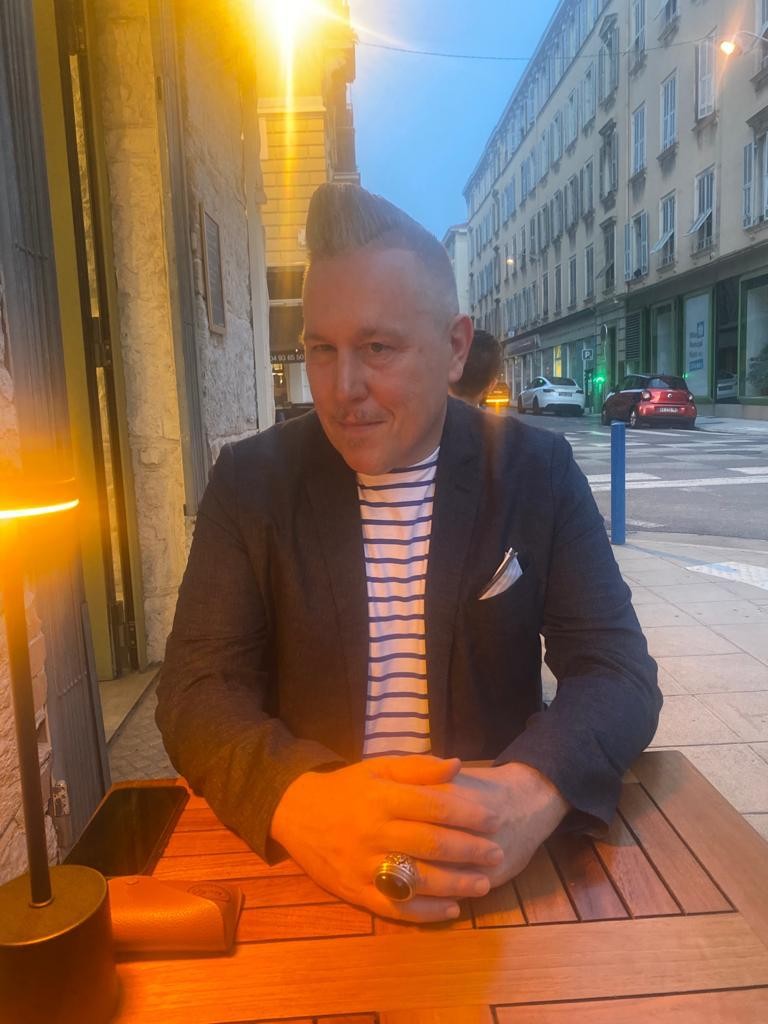Alright – so today we’ve got the honor of introducing you to Prof. Dr. Marcus S. Kleiner. We think you’ll enjoy our conversation, we’ve shared it below.
Prof. Dr Marcus S. Kleiner, thanks for taking the time to share your stories with us today We’d love to hear about a project that you’ve worked on that’s meant a lot to you.
I finished my studies in 1999. I was 26 years old at the time. I didn’t have any projects in the true sense of the word until then. I’d been playing tennis for 12 years without any specific plans. I earned money as a DJ during my studies, more by chance than by design. I travelled a lot for pleasure and to achieve goals, but without any specific educational goals. I collected books and records. They weren’t projects, more like passions. I studied philosophy, sociology and literature. Out of enthusiasm for these subjects and with a lot of passion. But without a plan of where it would lead. You couldn’t call this combination of subjects a job guarantee.
In 1998, I founded a small cultural publishing house with two fellow students, published a series of cultural books and planned and realised many cultural events. I didn’t see this as a project either, but rather as a diffuse way of breaking out of the narrow world of the university in order to do something and not just think about it. This breakout, this exodus and this departure was inconsistent, because it didn’t initially lead to a new and different life, for example in the publishing world, in the media or in the creative industries. That only came much later – through projects and not through projections.
After graduating, I didn’t have a plan again, but wanted to continue doing what I was interested in and, ideally, earn money with it. The idea of writing my doctoral thesis and the coincidence of getting a job as a research assistant made this possible. And so my academic career took off and has remained a constant in my life to this day. However, the academic career and the good fortune of becoming a professor were not a project, but at some point became a necessity in order to be able to continue and make a living from academia. The production of a radio play, the role as a media expert on radio and television, my own radio shows and everything else were always coincidences and the cultivation of coincidences, but not projects. In the last 24 years, I have done many things that I had to do because the world of science demanded it: for example, attending conferences, giving lectures, writing essays, publishing books, being active in scientific societies and much more. Much of this had no particular significance or was not meaningful, but was necessary and functional. This always led to a lot of dissatisfaction for me. I often had the feeling that I couldn’t do what I really wanted to do. My work in the media, for example in television and radio, opened up much more space for me to talk about and produce topics that were more meaningful to me. Even if there were other forms of restrictions here compared to university, such as audience-orientation and station policies. I only had the idea and desire to find projects that would change me, open up new perspectives and give me new experiences since 2019.
The first decision was to write only popular non-fiction books and journalistic articles, but also to think about a novel and a serialised screenplay. Since then, three popular non-fiction books have been published, with the fourth to follow in October 2024. This was linked to the decision to stop writing traditional academic books or essays, not only to give me more time for my new, meaningful publication projects, but above all to give me new freedom in my thinking.
The second meaningful project resulted from the decision to make a podcast with two friends about life and survival as a cultural worker. This was followed by another podcast focussing on cultural, art and media criticism. These two projects are meaningful to me because they are self-determined and free. They make me happy and are full of passion. I realise some of these projects with people who are meaningful to me and with whom I create new spaces for thinking and talking together. This results in content that is meaningful for me and for us, and with which we can communicate with other people – resulting in follow-up communications that turn something into a common cause and are meaningful for everyone. This is equally true of my popular non-fiction books, my work with my agent, publishers, the media and the conversations I have with people I talk to about my books.
Meaningful projects are like an extra life.
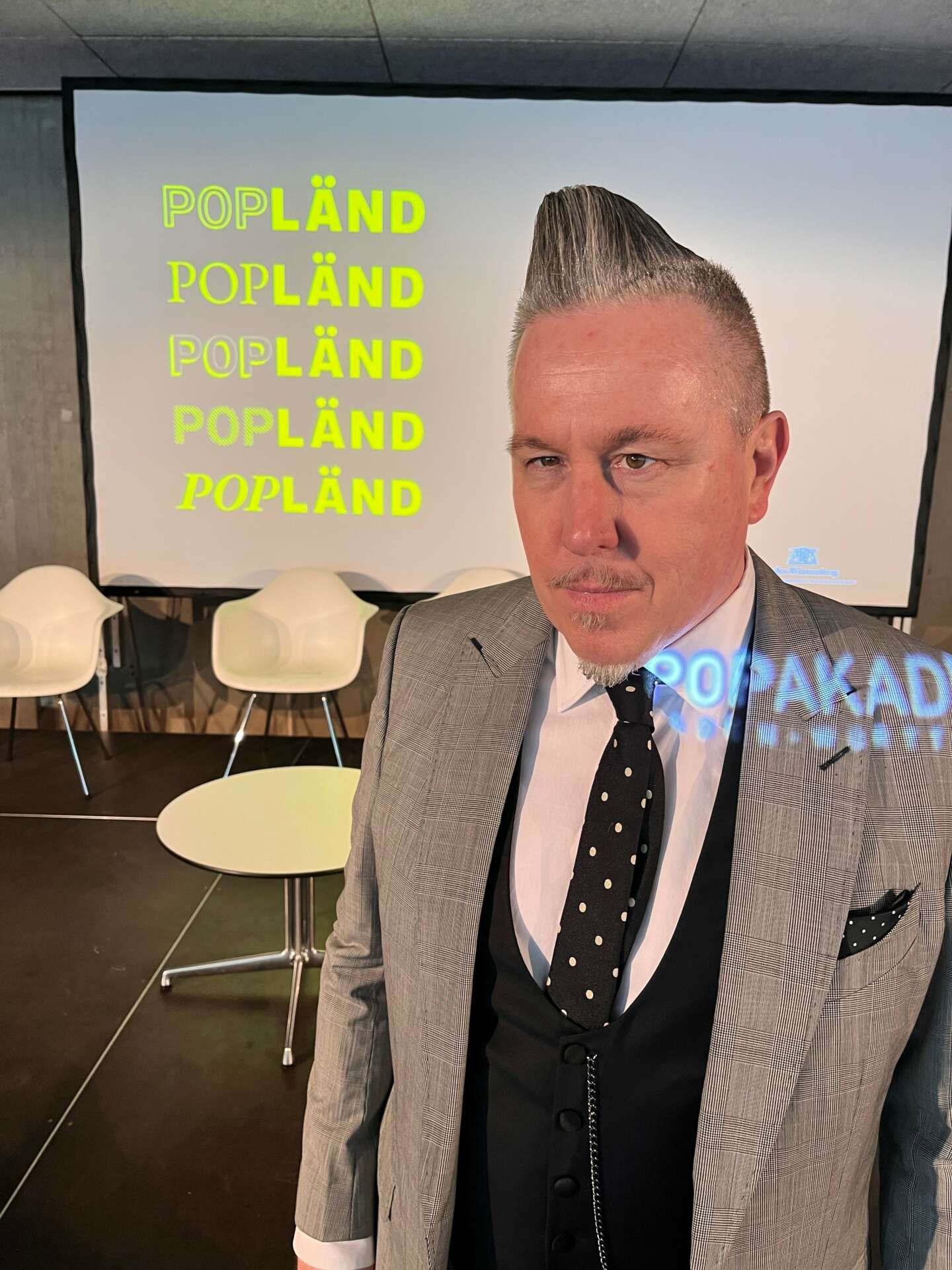
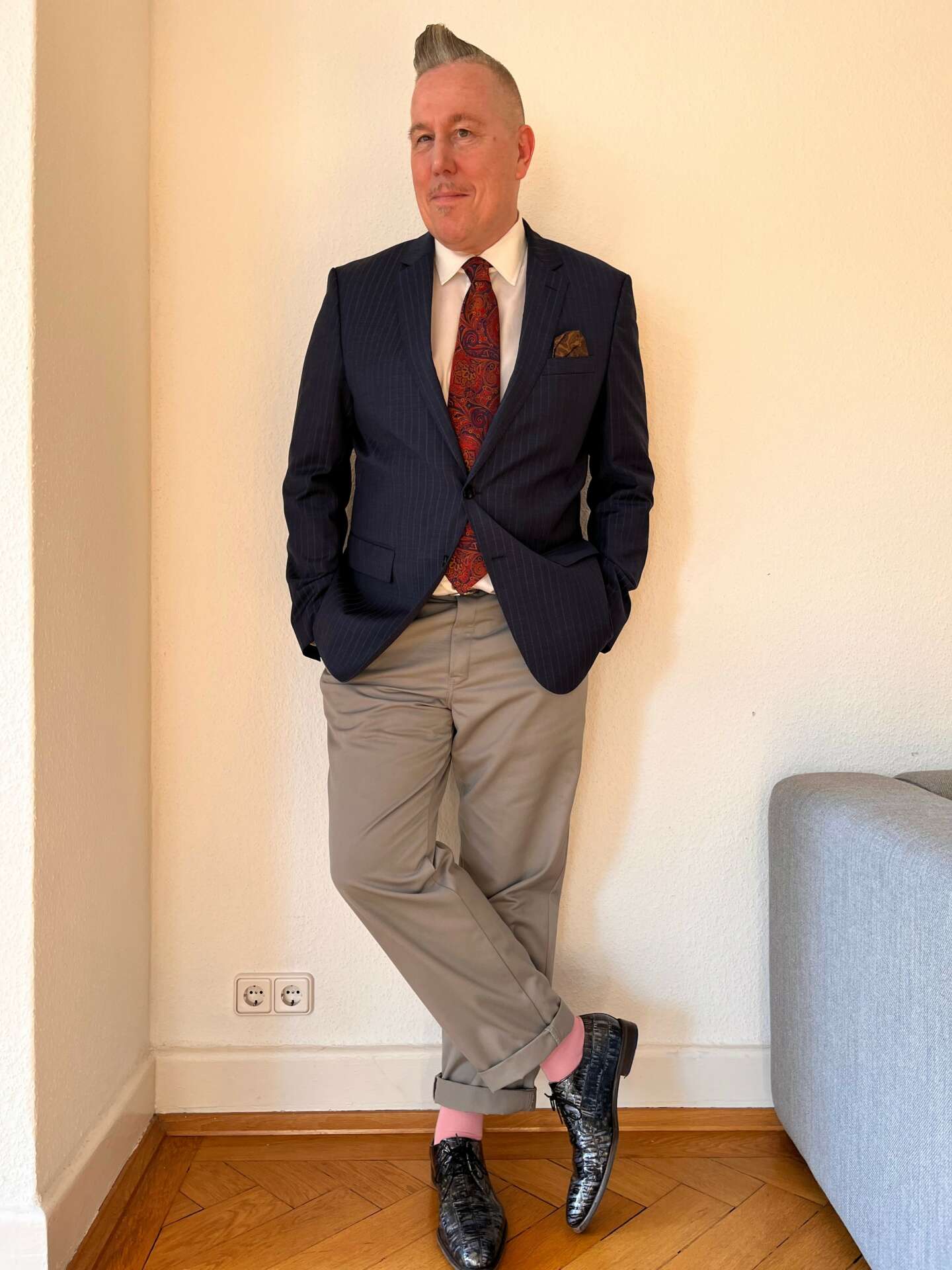
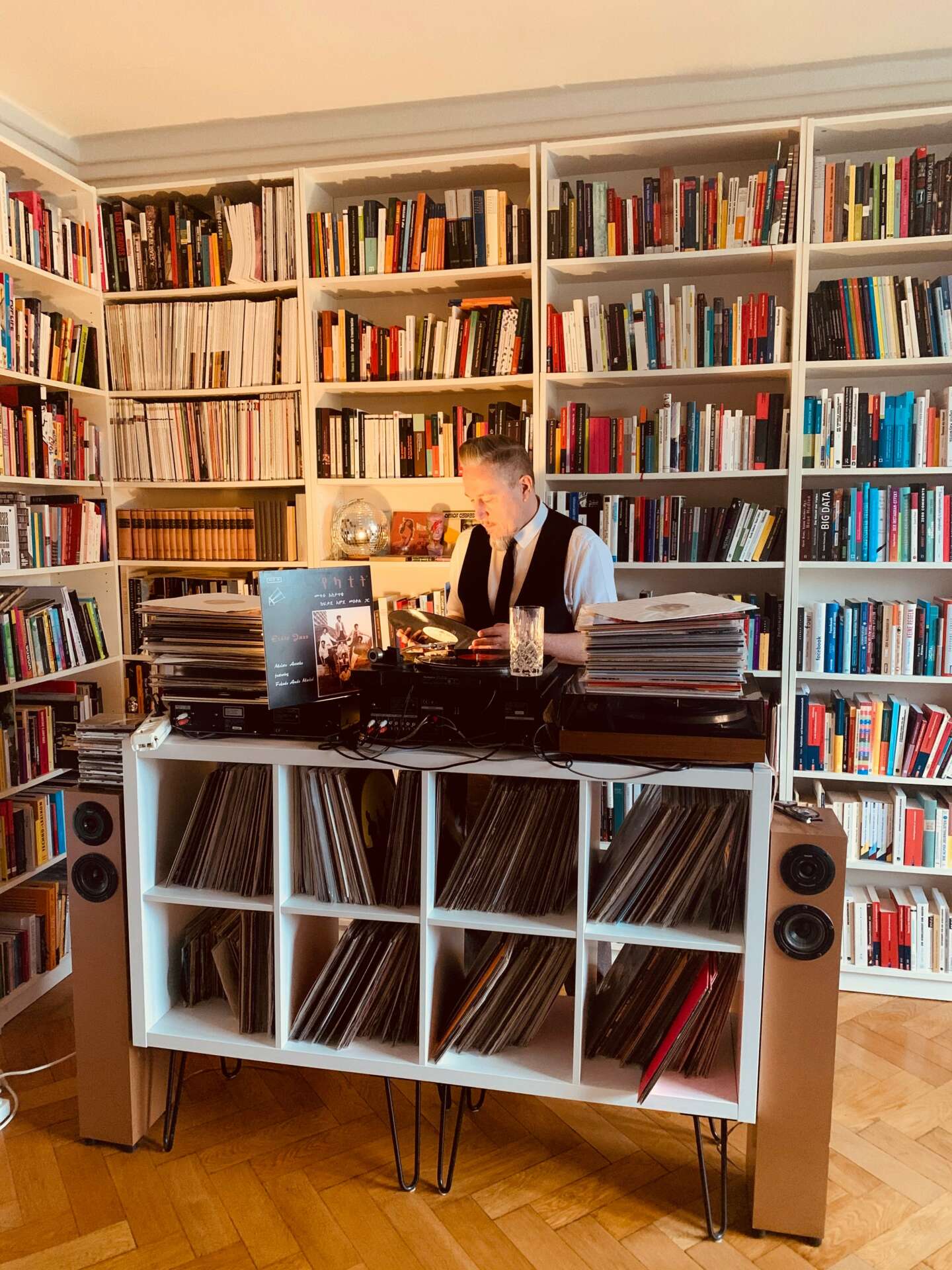
Awesome – so before we get into the rest of our questions, can you briefly introduce yourself to our readers.
I have been socialized knee-deep in pop culture and popular media cultures and have spent a lot of my life in subcultures. Pop culture and pop cultural style communication was my real school and the most important educational experience in my life. I would like to tell a story about this:
My passion for pop culture and pop music, my admiration for pop stars and pop culture styles, my life in pop cultural scenes and sound communities, began in December 1986 at a concert by British indie rock band The Smiths at the Brixton Academy in London. I was 13 years old and so far without much reference to pop culture.
My ten years older cousin has been socialized in subcultures, but especially in punk rock. She seduced me to this concert and played me her music regularly before this concert, but also told me about her life in scenes. Both fascinated and irritated me at the same time. I secretly admired her for being different, even though I found her often ecstatic voice telling me about music, concerts, clubs, fashion, books, movies, and more, rather exhausting to listen to. The sound of admiration, which I consciously perceived as such for the first time, was the enthusiastic voice of my cousin, who, despite the effort, also elicited enthusiasm in me. On the other hand, for the most part I still perceived everything that she presented to me as a barely distinguishable unity of noise.
This also applied to our trip from the Ruhrgebiet (City in the State of Nordrhein-Westfalen, Germany) to London, which took place without the knowledge of my parents, because they were in America at the time and my cousin wanted to look after me. In the pre-digital era, the private world was just weakly controllable. Music played no special role with my parents, it did not sound at home. My first real music socialization I have received by my cousin. The visit to the municipal music school, not a prime example of musical early education, was, on the other hand, only short and a thoroughly negative musical life and musical experience.
In the spectacular and frightening way to London, which was spectacular for me, we heard Smiths records of audio cassettes in very poor quality all the time. I did not remember a song here. My first confrontation with the band, which I would admire later, the first band I ever admired, was a mix of analog noise, drone, my head cinema, and heart racing.
All songs were sung by my cousin – that makes everything even more exhausting and unbearable for me, because her voice presented itself in a hysterical enthusiasm, which did not let me come to rest. She also told me stories about all the songs – the songs; to the band; about what the songs meant to them; where she had heard the songs; whom she kissed to the songs and much more. Again, it was above all an unclear word and noise purging, which struck me. Only this reminds my current sound memory very clearly.
When we arrived in London, it was urban big city sounds and the more and more exalted voice of my cousin, which got worse when we stopped outside the house of a friend we stayed with. I would describe it today as a squeak-screeching concert and as a language that did not seem to me English, but a sound of friendly enthusiasm and concert anticipation that I found to be exhausting at the time. The travel sound became the big city ambient sound here. Ecstatic fan-voices of my cousin and her friends, underground noises, the sound of the big city. This basic sound of our London trip continued and increased more and more until we stood in front of the concert hall, even more so when we arrived at the concert halls.
The concert experience began as a moving picture story of beautiful, subculturally styled people who populated the concert hall, but also as a voice and mood jumble. Only when the lights in the concert hall went off, the view of the stage, which was hard to see from my place, was obscured by a sea of backheads and smoke, hands and cups, and I was able to plunge into an immediately absorbing sound atmosphere, the concert started for me.
The evening itself remained to me as a now highly fragmented picture story, but at the same time as still quite clearly perceptible atmosphere and an impressive sound experience in memory. The two songs I remember most clearly are Panic and Cementary Gates. I learned the title of the songs only after the concert of my cousin. The reason why these songs stood out and I remember them so much was due to the moderation of the Smiths singer Morrissey, to the responding murmuring and cheering reactions of the concertgoers, to the voice with which Morrissey got into the two songs and the sound of singing along.
This evening was the starting point of my pop cultural socialization – with music, fashion, subcultures, clubs, movies, television, books, fanzines, magazines, art and much more. Since that time, Pop has become the most important culture of education, the ever-changing soundtrack of my life and experience.
This story shows very well what is important to me:
Passion and intensity, style and attitude, impression and expression, experience and adventure, transformation and transgression, ambivalence and ambiguity, resonance and risk.
This is my open frame of reference with which I coach my students as a professor, analyse media productions as a media expert, assess culture and time as a cultural and contemporary critic, produce media as a media creator, and react to the world as a human being.
With regard to this frame of reference, there are no sample plans, matrices or templates that I use again and again and that make and format everything relatively the same. Rather, this frame of reference is always open to events and can be applied in a topic-sensitive way in order to look at individual topics, tasks and events.
If you want to find out more, just ask me.
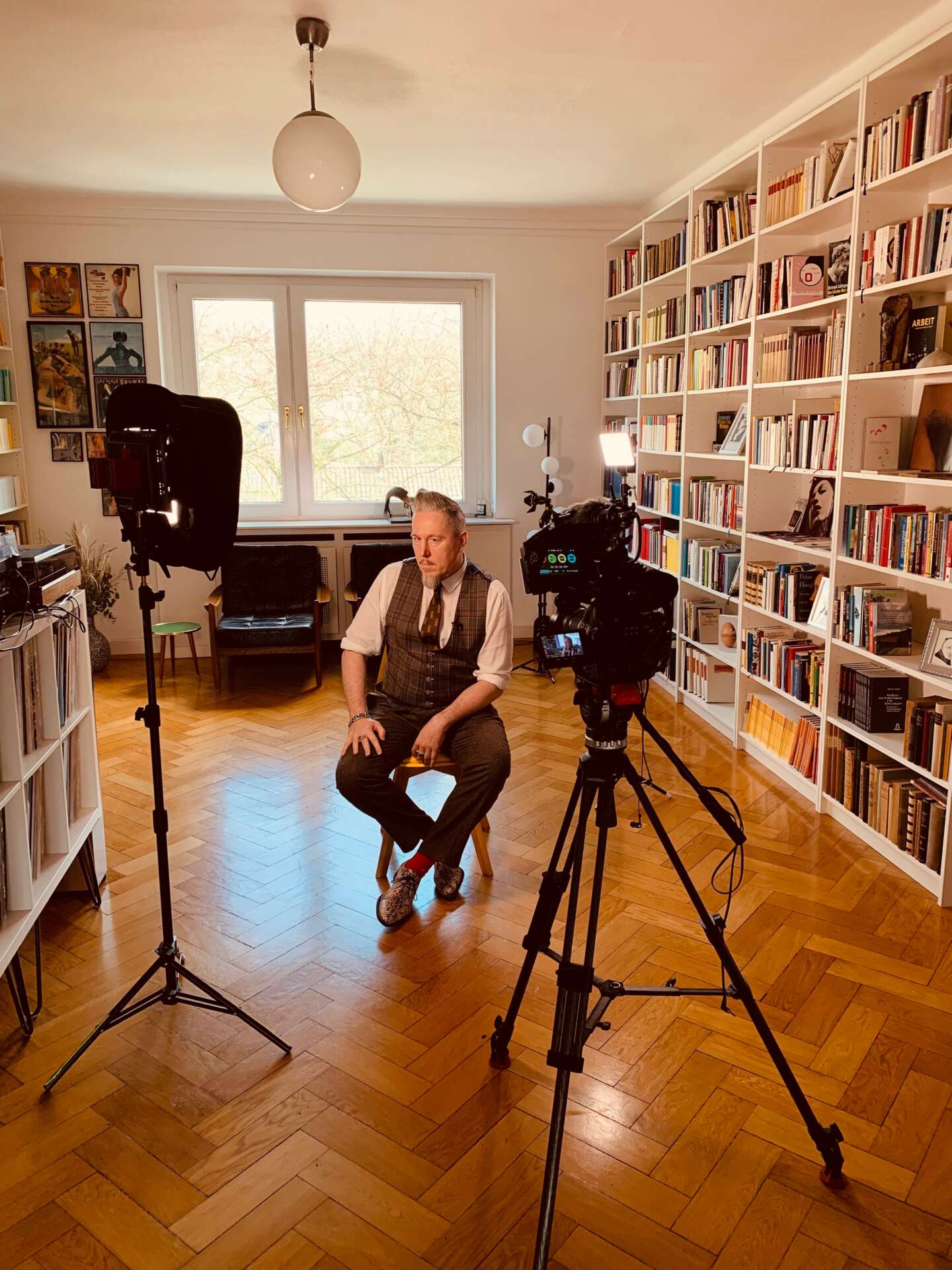
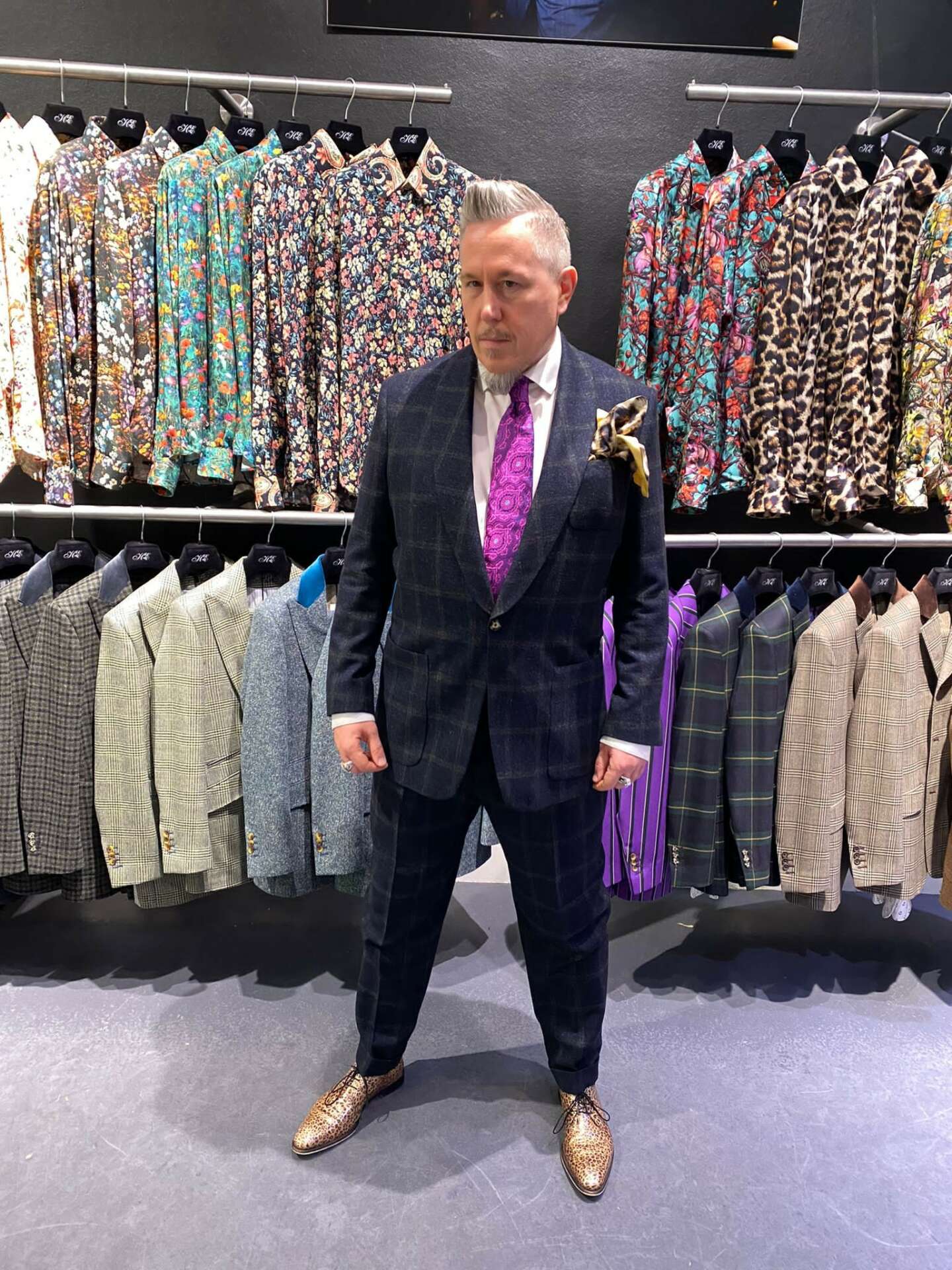
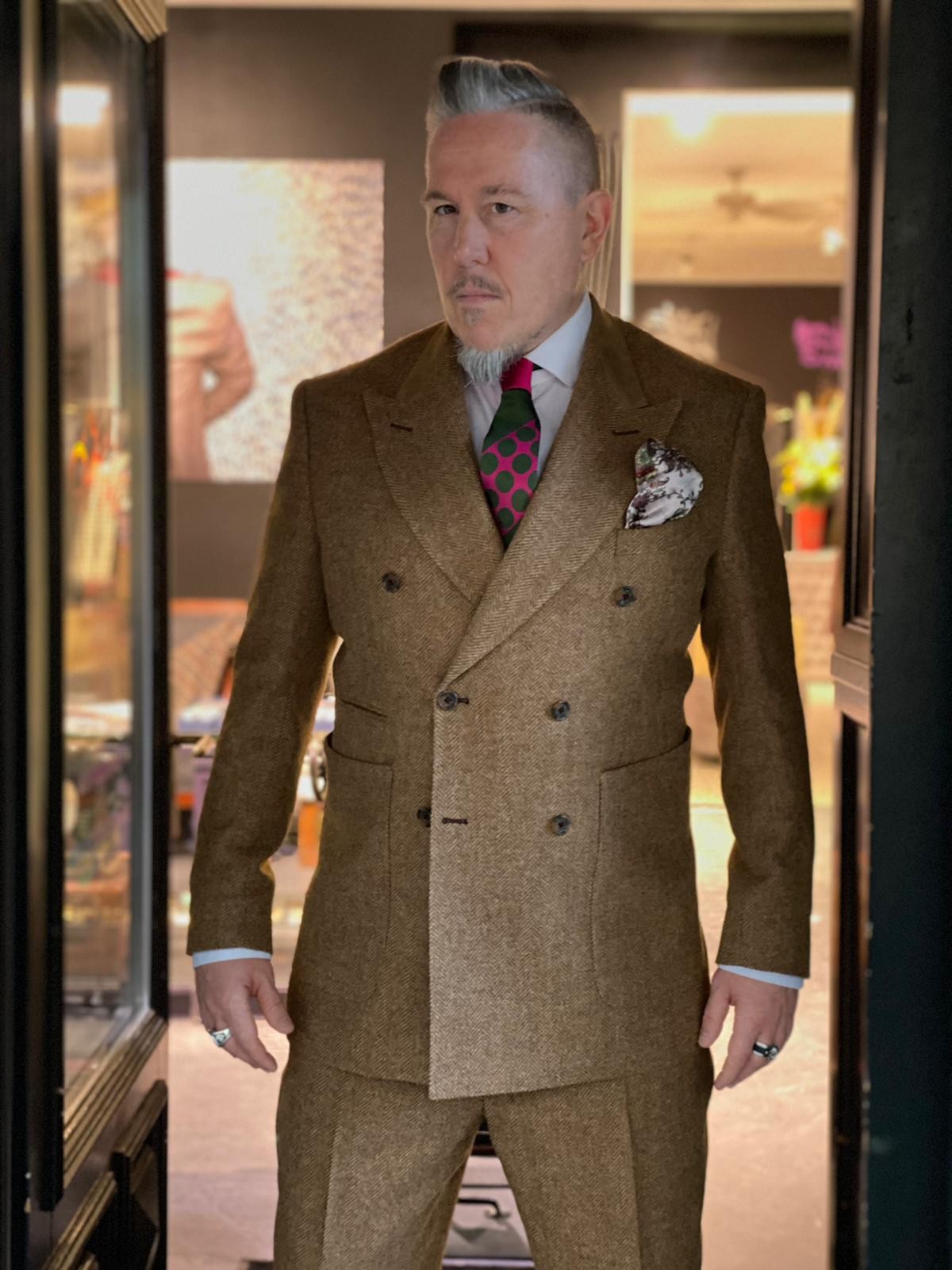
Can you share a story from your journey that illustrates your resilience?
There is always something vain and narcissistic about talking about your own resilience. People are quick to talk about themselves as a hero on their own hero’s journey. And as someone who has superpowers. You quickly become someone who claims to lead an exemplary life, a life that you could orientate yourself on in order to draw conclusions for your own life. I don’t want that and I don’t like that.
My motto is: Kill your idols.
&: Self-optimisation. No, thank you.
Through my pop-cultural socialisation, through my style and my style communication, through my tendency to always criticise in order to show that I have dealt with something intensively rather than simply praising something, through my unrestricted disagreement with the world, through my passion for drasticness in culture and art, through my standing between two stools and much more, I have always experienced a lot of rejection in the contexts in which I have worked.
This rejection challenged me, but often also overwhelmed me.
This challenge has made me resistant and resilient to resignation. To carry on. Unconditionally.
This excessive demand made me find out what I can do emotionally and psychologically to counteract this excessive demand so that I don’t go under because of it.
Both have sometimes led to a dead end. Doors closed. Annoyed people. But it has also given me the confidence to deal with resistance, to believe in myself, to keep getting back up. It was also good to find out when I got stuck, went in the wrong direction or was simply stubborn and obstinate.
It is important for me to emphasise that, for me, resilience means being able to trust yourself and rely on yourself, to develop strength even when no one is supporting you or you would rather resign than be resilient.
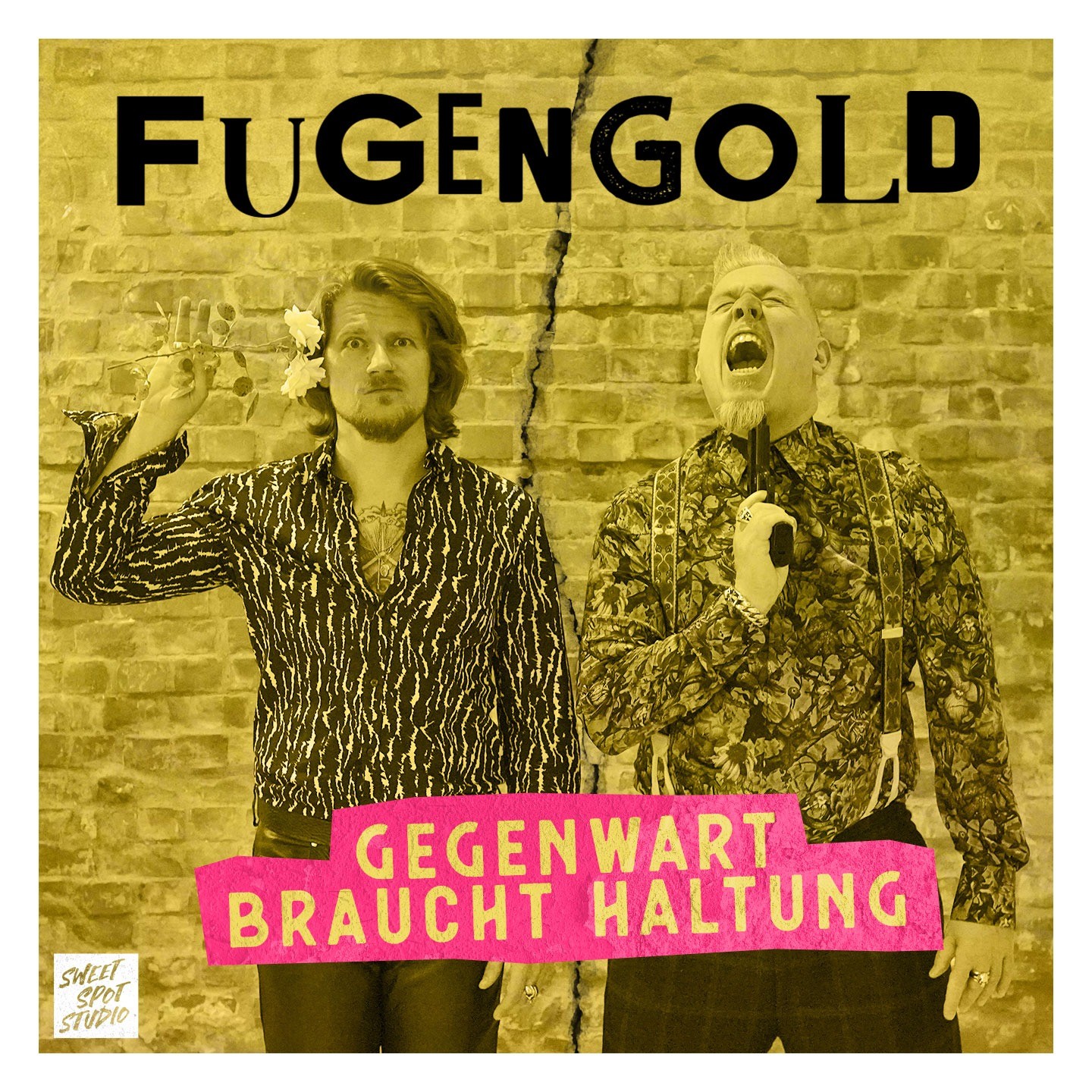
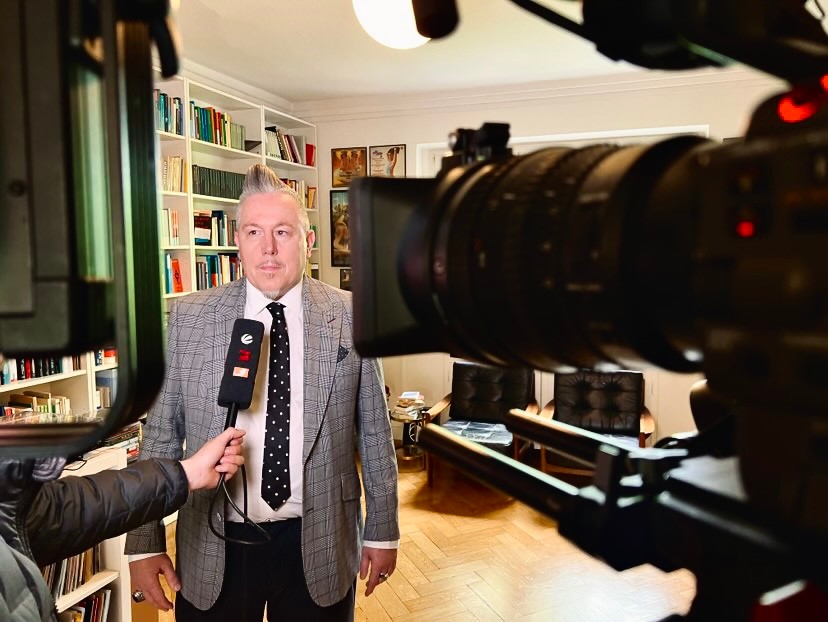
What do you think is the goal or mission that drives your creative journey?
I have at least two missions:
Presence needs attitude.
Freeing yourself is nothing, being free is the key.
Contact Info:
- Website: www.medienkulturanalyse.de
- Instagram: marcus.s.kleiner
- Youtube: https://www.youtube.com/channel/UCQr8YSiVZdr1XHQopHuxzuw
- Other: https://www.xing.com/profile/MarcusS_Kleiner https://de.wikipedia.org/wiki/Marcus_S._Kleiner https://www.srh-berlin.de/hochschule/hochschulteam/kleiner-marcus-s/ https://www.popakademie.de/de/studium/popular-music-ma/dozierende/marcus-s-kleiner/u/73/ http://literaturagentur-brinkmann.de/Autoren/marcus-s-kleiner.html
Image Credits
Janosch Weiss Sarah Deborah Reininghaus Marc T. Süß
Dr Marcus S. Kleiner is Professor of Communication and Media Studies at the SRH Berlin University of Applied Sciences (https://www.srh-berlin.de/).


